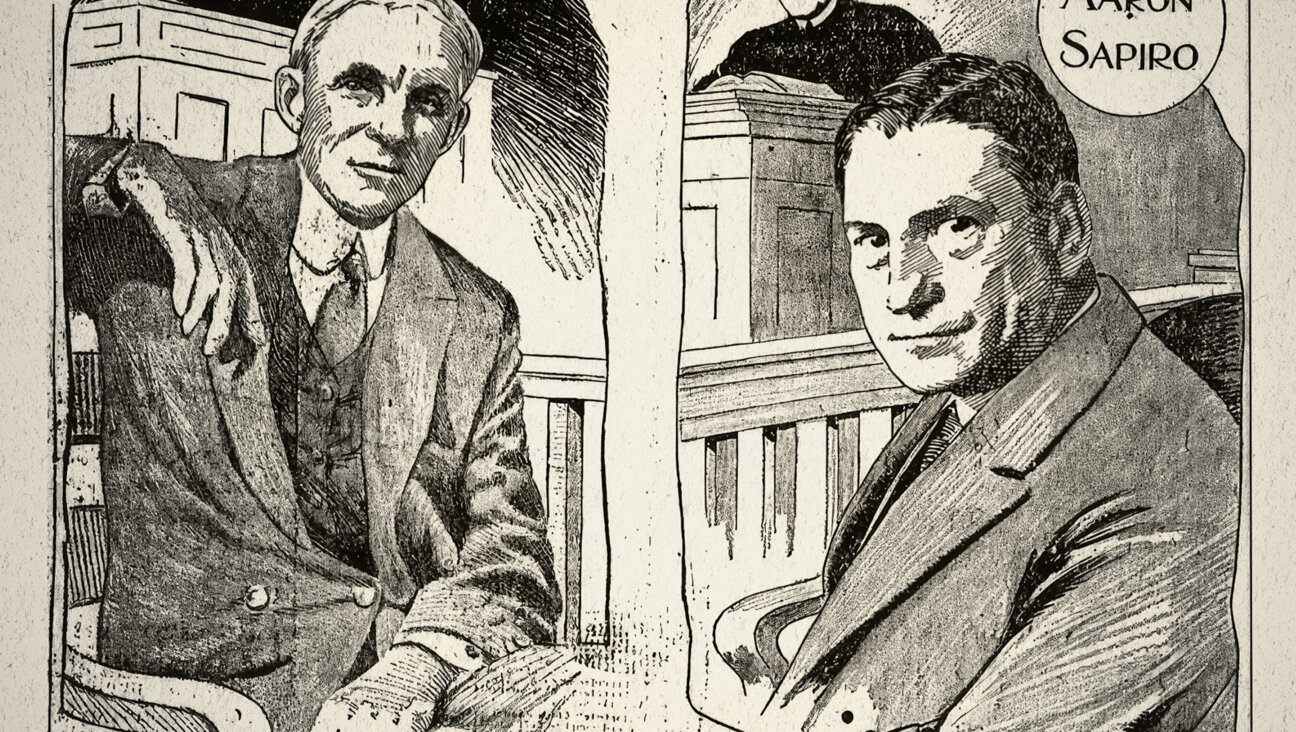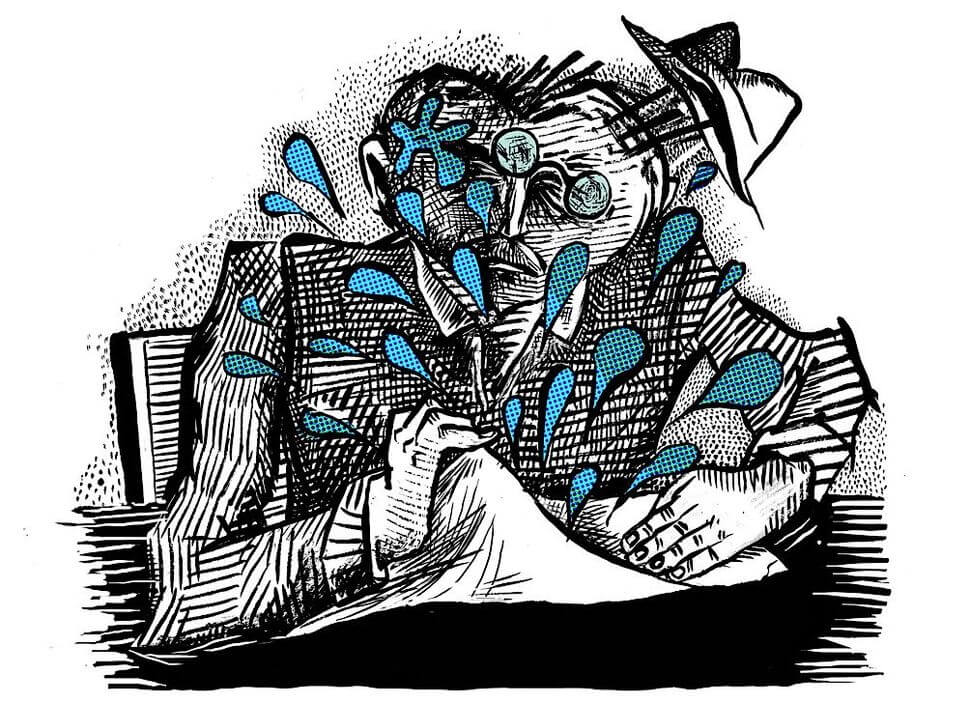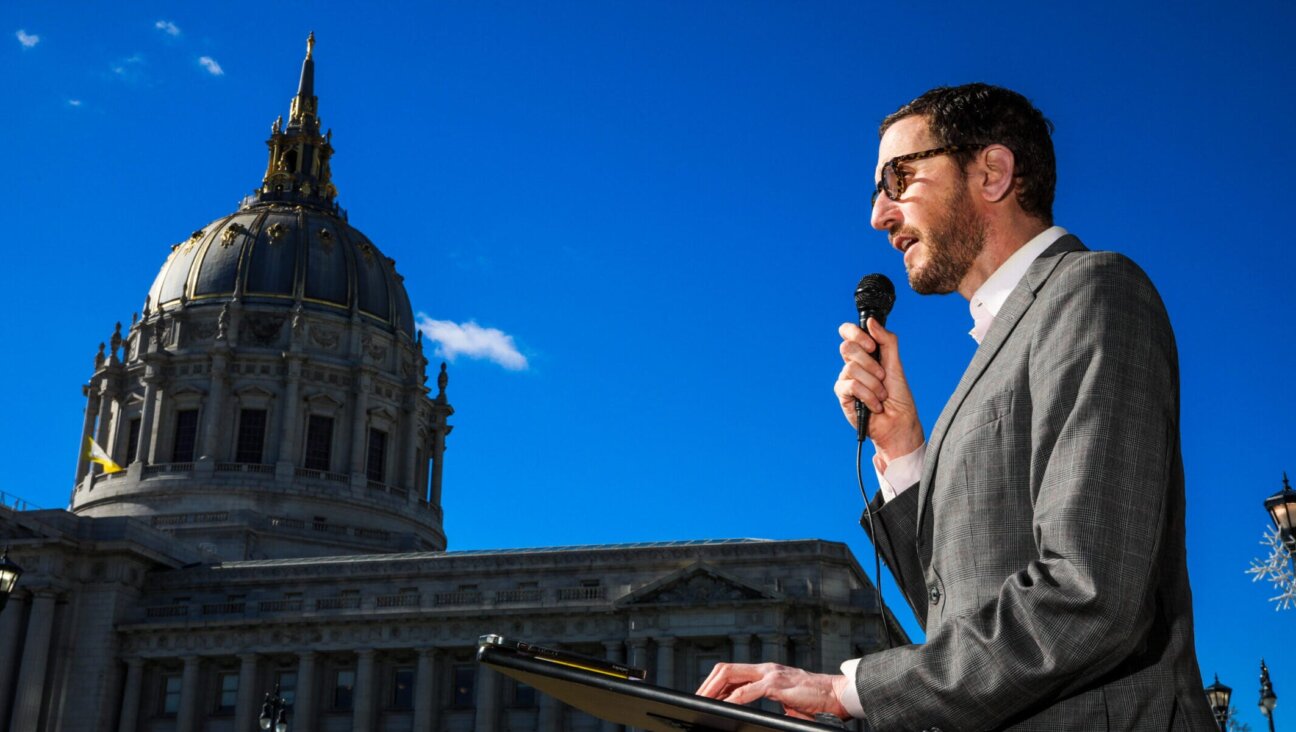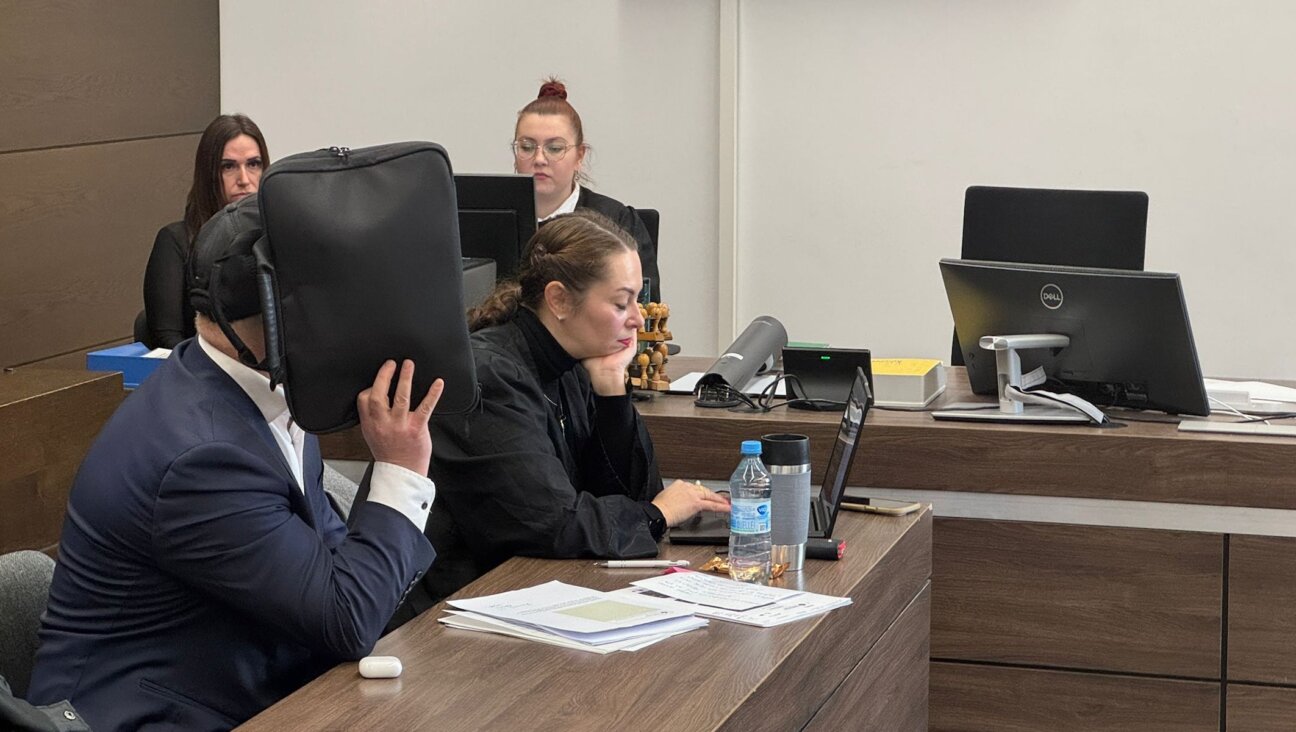Creator Remorse
The creation of the world in the first chapters of Genesis happens quickly and with seemingly little effort. God merely has to speak, and the sky, the earth, the seas — entities that have formed the basis of human curiosity and contemplation — snap into place. In just seven days, according to this version of the beginning, God has wrought the ultimate work of art.
But as anyone who has ever tried to write or paint or cook or invent knows, creation is not easy. Who hasn’t faced the terror of a blank page — literal or figurative — or worse, the fear induced by freshly minted words? If it were really so easy to make things, we’d all have written novels, or at least memoirs. The earth would be a junkyard cluttered with sculpture and machines. Luckily, and sadly, we’re much more prone to erase than to inscribe.
As it turns out, even God is not exempt from the conflicted feelings that accompany creative acts. The story of this week’s portion, Noah, which follows directly on the heels of the initial flurry of activity in the first chapters of Genesis, introduces us to a God who suffers from creator’s remorse. I should never have done this; this was a big mistake, God says. Just a few chapters before, God surveyed the world and deemed it “good.” But a few chapters later, kinks and loose stitches are suddenly visible in the light of the brand-new sun.
I think of these two conflicting stories — the first about a commanding, definitive creator; the second about a doubting, regretful one — as a metaphor for the process of writing and subsequent revision. We can think of the creation in the first chapters of Genesis as a first draft. In the story of Noah, God scraps most of it and begins again.
The sweeping gestures of last week’s portion, Bereshit, are gone; God slowly — and, I think, ambivalently — attacks the earth with a stream of rain. The world was made in seven days. It takes 40 days to unmake it.
Couldn’t the God whose word could command a panoply of organisms into being have gotten it over with a little faster? Couldn’t God have incinerated the world back into nothingness? Why a flood, which would eventually dry up and leave a damaged but still-intact world? And why save a sampling of all the creatures of the land and sea?
Revision is just as wrenching, if not more so, than the initial writing, and the flood, I think, is symptomatic of God’s ambivalence — of any maker’s ambivalence — about destroying his or her creation. The submersion of the world happens slowly:
The Flood continued 40 days on the earth, and the waters increased and raised the ark so that it rose above the earth. The waters swelled and increased greatly upon the earth, and the ark drifted upon the waters. When the waters had swelled much more upon the earth, all the highest mountains everywhere under the sky were covered. Fifteen cubits higher did the water swell, as the mountains were covered. (7:17-20] This gloomy image of the mountains dwarfed by murk to me demonstrates God’s inevitable sorrow and regret. Imagine the pain of watching the house you built with your own hands sink before your eyes (in fact, this image has not been far from our minds this past year, since Hurricane Katrina). Even as the rain was pelting, God must have wanted to make it cease. How many times in 40 days must God have said, “I’ll leave it as is. My initial attempt — maybe it isn’t quite ‘good,’ but it’s good enough. I’ve expressed most of what I set out to do, even if it is muddled and blemished in places”?
The text catalogs the wreckage:
And all the flesh that stirred on the earth perished — birds, cattle, beasts, and all mankind. All in whose nostrils was the merest breath of life, all that was on dry land, died. All existence on earth was blotted out — man, cattle, creeping things, and birds of the sky; they were blotted out from the earth. Only Noah was left, and those with him in the ark. (7:21-23]
The word kol — all — appears six times in the Hebrew verses, seeming to emphasize the totality of the destruction. But then, tagged on to this survey of devastation, are the words “viyshar Noah” — and Noah remained. This tension between complete, indiscriminate obliteration and the very deliberate choice to leave a remnant — Noah, and those with him in the ark — seems to reflect God’s conflicting impulses: to discard the world, or to let it be.
This is a story of partial, not total, destruction. God discarded most of what had been made, but kept enough of it so that, in the words of Polish poet Wislawa Szymborska, the world could “grow back what’s needed from what’s left.” Like a novelist who finally removes the few scraps of a manuscript she’d put away years before in despair from its dusty place in the closet, God begins again.
Sasha Weiss is a writer and editor living in Brooklyn.















